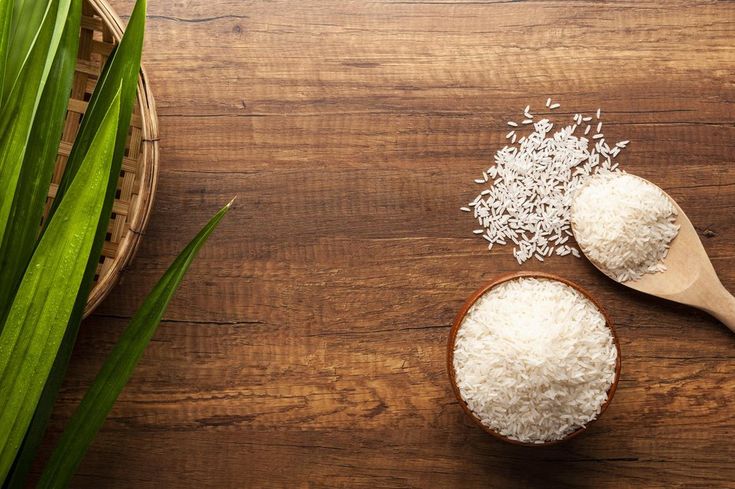Categories
The latest content
-

Customs Clearance & Import Regulations for Bulk Iranian Pinto Beans in EU, Middle East & Africa
..
-

Quality Control & Laboratory Testing Standards for Iranian Pinto Beans
..
-

Logistics & Shipping Solutions for Bulk Iranian Pinto Bean Exports
..
-

Minimum Order Quantity (MOQ) & Bulk Pricing for Iranian Pinto Bean Buyers
..

Tags
Required Certifications for Importing Iranian Rice to EU, Middle East & Africa

Importing Iranian rice in bulk to international markets requires a thorough understanding of the certifications and regulatory standards. Governments, NGOs, wholesalers, and food service providers need assurance that the rice meets quality, safety, and legal requirements. Here’s a comprehensive guide to the essential certifications for importing Iranian rice to the European Union, Middle Eastern countries, and African nations.
1. Phytosanitary Certificate (Plant Health Certificate)
A Phytosanitary Certificate ensures that the rice shipment is free from pests and diseases. This certification is usually issued by the Iranian Plant Protection Organization (PPO) and is mandatory for:
• EU member states
• Middle Eastern countries with strict import regulations
• African nations enforcing plant health compliance
It confirms that the rice is safe for import and reduces the risk of quarantine delays at ports.
2. Certificate of Origin (CoO)
The Certificate of Origin proves that the rice is grown and processed in Iran. This document is essential for:
• Determining tariff benefits under trade agreements
• Customs clearance in importing countries
• Ensuring authenticity for premium Iranian rice varieties
3. ISO Certifications
ISO standards assure international buyers of consistent quality and production processes. Key certifications include:
• ISO 9001: Quality management system
• ISO 22000: Food safety management system
Suppliers like Tamila Agrifood offer ISO-certified rice for international buyers seeking reliability and compliance.
4. HACCP Certification
Hazard Analysis and Critical Control Points (HACCP) is a globally recognized food safety standard. It demonstrates that the rice processing and packaging facility follows strict hygiene and safety protocols, which is especially important for:
• EU and Middle Eastern markets with strict food safety laws
• NGO programs and school feeding initiatives
5. Non-GMO Verification
For buyers prioritizing genetically unmodified food products, a Non-GMO certification ensures that Iranian rice varieties are natural and safe. This certification is widely requested by:
• Health-conscious wholesalers
• Food service providers in international HORECA sectors
• Humanitarian organizations supplying school feeding programs
6. Organic Certification (Optional)
Some buyers prefer organic Iranian rice certified under EU or international organic standards. Organic certification guarantees:
• Chemical-free cultivation
• Environmentally sustainable farming practices
• Higher market value in premium segments
7. Laboratory Test Reports
Lab test reports confirm:
• Moisture content
• Grain quality and purity
• Absence of mycotoxins or contaminants
These reports are often requested by importers in the EU, Gulf countries, and Africa to ensure safe consumption and compliance with local regulations.
Why Certifications Matter for International Buyers?
Having all required certifications:
• Facilitates smooth customs clearance
• Enhances buyer confidence in quality and authenticity
• Enables participation in government or NGO procurement tenders
• Supports long-term business partnerships
Conclusion:
Securing the right certifications is essential for importing Iranian rice to the EU, Middle East, and Africa. By working with certified suppliers like Tamila Agrifood, international buyers can ensure quality, compliance, and reliability for bulk rice shipments.
Contact Tamila Agrifood today to access certified Iranian rice for your international procurement programs and ensure smooth import compliance.
Email: tamilaagrifood@gmail.com
WhatsApp: +989141858935



